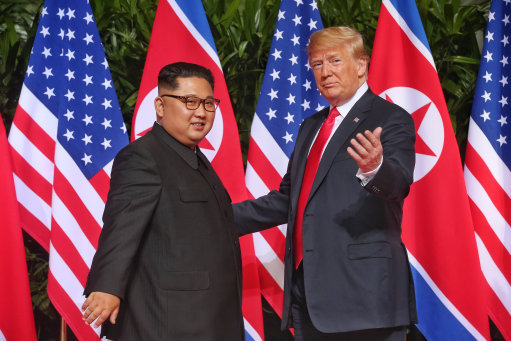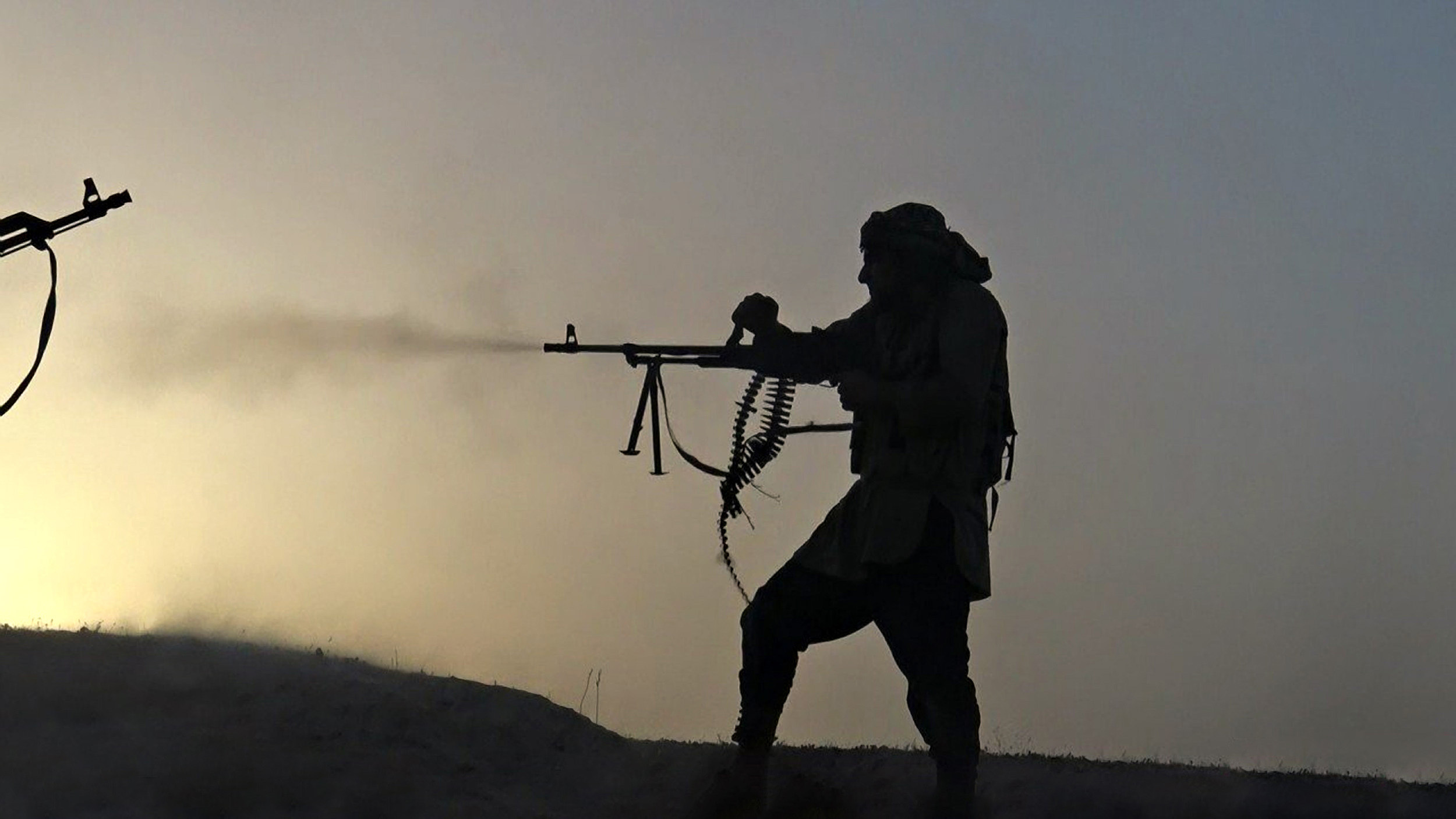
US Intelligence Report Contradicts Trump On IS And North Korea

President Trump and Kim Jong-Un meet in Singapore in June 2018 (Picture: PA).
A US intelligence report suggests President Trump's assessments of the situation in North Korea and regarding the so-called Islamic State group are inconsistent with their own.
The Worldwide Threat Assessment Report has been presented to the US Senate by national intelligence director Dan Coats.
Regarding IS, in late 2018 President Trump announced that US troops would withdraw from Syria and declared in a video released on Twitter that "we have won against ISIS. We've beaten them and we've beaten them badly."
Since then, that assertion has been downplayed by various members of his team and the withdrawal of troops is expected to be much slower than expected.
But what the Director of US National Intelligence Dan Coats testified at the Senate on IS was different. He said:
"ISIS is intent on resurging and still commands thousands of fighters in Iraq and Syria."
The US intelligence report assessed that the terror group "very likely will continue to pursue external attacks from Iraq and Syria against regional and Western adversaries, including the United States."
It also suggested that North Korea is unlikely to ever fully give up its nuclear weapons despite the hopes and assertions of Donald Trump.

The US President had previously said, after his historic meeting with Kim Jong-Un in Singapore, that North Korea was no longer a nuclear threat.
He has not gone that far since but has said that negotiations to get North Korea to denuclearise are progressing well. President Trump hopes to have another meeting with him at the end of February, although details haven't been disclosed yet.
The intelligence officials' report did note that North Korea had not carried out any nuclear or missile tests in over a year and had declared its support for the denuclearisation of the Korean Peninsula.
However, it assessed the overall situation quite differently. Mr Coats testified:
"We currently assess that North Korea will seek to retain its WMD capabilities and is unlikely to completely give up its nuclear weapons and production capability because its leaders ultimately view nuclear weapons as critical to regime survival."









